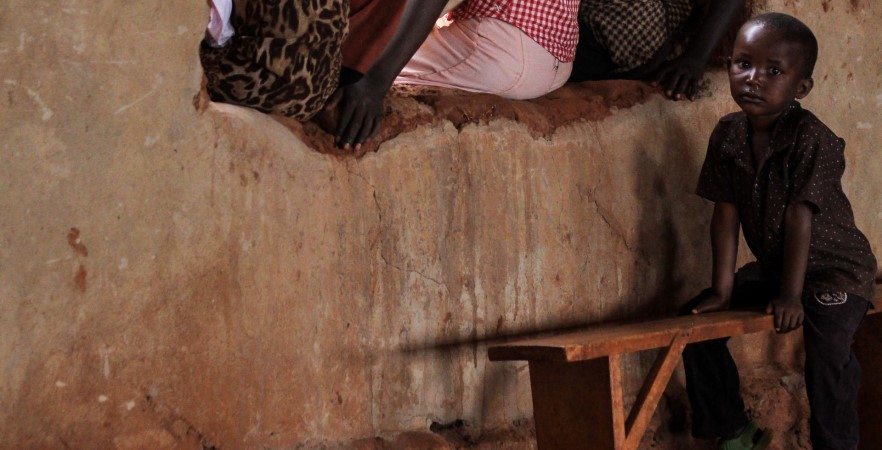UN: 20 Million People are at Risk of Famine in Kenya, Somalia and Ethiopia

In Kenya, Somalia and Ethiopia, at least 20 million people are at risk of famine due to the ongoing drought. That is what the United Nations World Food Program has indicated. The situation is alarming and deteriorating.
For example, Somali Faadumo Ali Mohamed spent days travelling through southern Somalia searching for help for her malnourished two-year-old daughter. “There are problems and hunger where I come from,” she told the International Committee of the Red Cross (ICRC) in Africa.
Somalia is the most drought-stricken country in the Horn of Africa. The situation in the Somali villages in the central and southern regions is dire. Therefore, many people make a long, difficult journey to the larger Somali cities in the hope of recovery.
“There are problems and hunger where I come from. There is nothing but hunger,” Faadumo Ali Mohamed told the International Committee of the Red Cross (ICRC) in Africa. “There is no rain.”
The woman left with hopes of recovery and with hopes of help for her sick two-year-old daughter. Faadumo started her village near Jamame, in the south of the country. She was on the road with her three children for days, passing through abandoned areas controlled by the government or armed groups. One of her children was very ill. Her final goal was the general hospital in Kismayo, also in the south.
Faadumo’s two-year-old daughter, Icran Abdiaziz, was admitted to the local hospital in February. She was severely malnourished, and her body was bloated due to edema, a fluid accumulation in the body where fluid should normally not or hardly be present. In the meantime, Faadumo’s daughter is doing better.
“We see a lot more people coming to the hospital. We are also seeing more and more malnourished children,” said Mohamed Abdi Dagane of the ICRC in Kismayo. “But our main concern, and we’re getting reports from it, is that the situation is much worse in the rural areas. And there are no health centres in these regions. So that’s our biggest concern at the moment.”
Due to the drought, the lack of aid and health facilities, the refugee camps around the cities is increasing. For example, in the Somali capital Mogadishu, more than 120,000 newcomers have been staying in the camps since January, ICRC said.